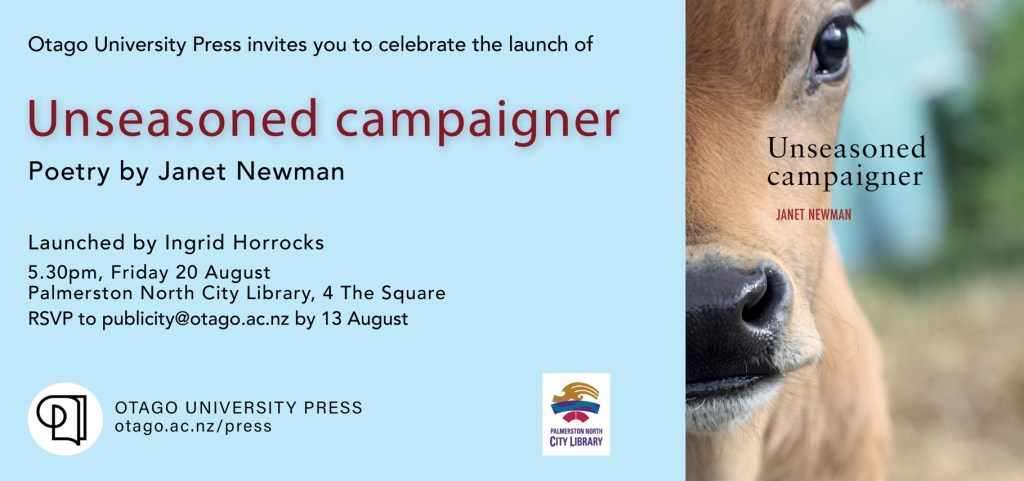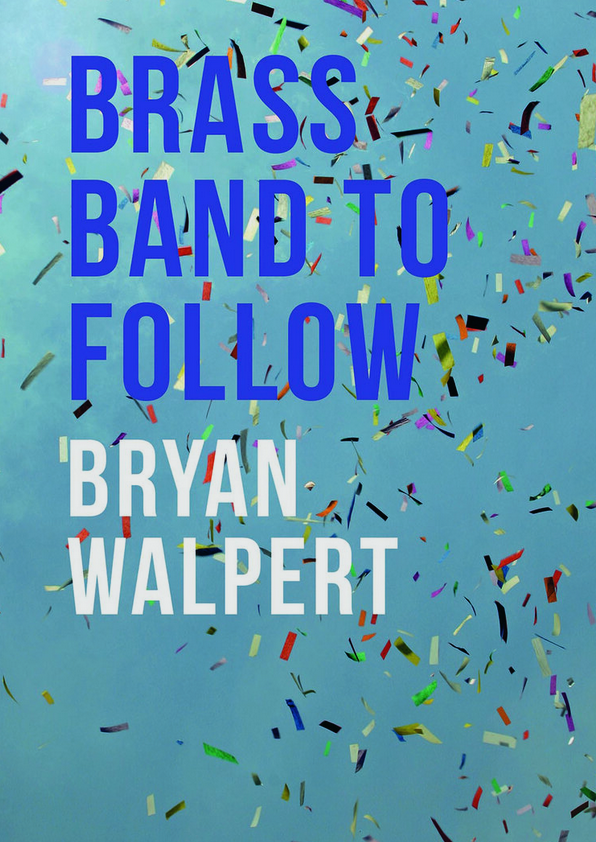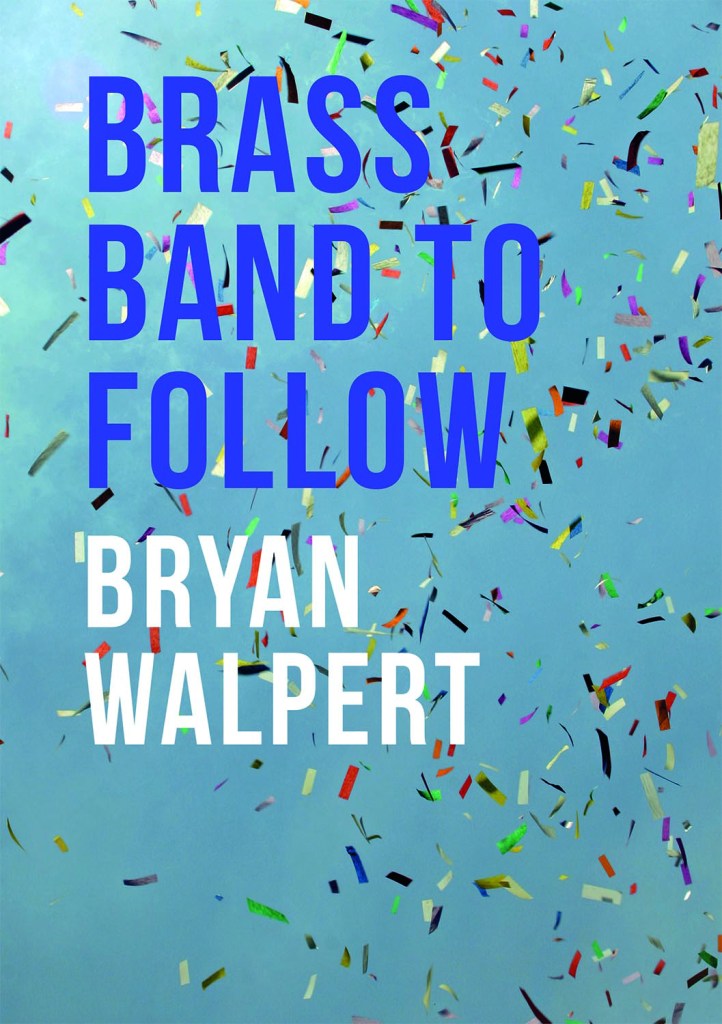Letter to ‘Oumuamua, James Norcliffe, Otago University Press, 2023
In these uncertain times I gravitate towards quiet poetry. It may sound corny but it is like sitting on the edge of a mountain embracing silence as a form of retreat, and then savouring the way the world is alive with sound. I find myself retreating into poetry collections as a form of balm, relishing the solitude, the complications, the edges.
James Norcliffe, recently awarded the 2023 Margaret Mahy Medal, writes with a pen fuelled by the physical world, and a sense of interiority that allows both confession and piquant ideas. His writing is witty, thoughtful, fluid and rich in movement. The opening poem, ‘Letter to ‘Oumuamua’ nails it. Dedicated to “the first known interstellar object to pass through the solar system”, the letter is as much about where it is written from, as where it is written towards. The rural scene is balm – with its hint of spring and new leaves. Yet the layers prickle as I hold onto the embedded notion that the scene is both beloved and under threat.
Poetry can be the heightened awareness of a moment, of a particular place or experience. James offers many such poems and it is impossible to hold them at arm’s length. This is a form of poetry as retreat. Take ‘The Coal Range’ for example. The poem ventures back in time to pay tribute to an aunt and a location. James slowly builds the scene with acute detail, and I am breathing in the smells, tasting the baking, and back in the embrace of my grandmothers.
The burning coal and smoke smell of Auld Reekie,
of far-away home. Pinned on the Pinex walls are
calendars: Scottie dogs, pipers and Greyfriars Bobby.
Sentiment sweetens distance, as drop scones, ANZAC
biscuits and peanut brownies sweeten the sour
pervading presence of damp coal, smoke and tea-tree.
I love the way the collection offers drift and movement, resistance to fixture. Nothing is as it seems. Everything is as it seems. “Knowing What We Are” is a gloriously haunting rendition of movement, of oscillation. The birds gather on the “shining mudflats”. I’ll share a couple of stanzas with you – then you can track down the book and read the whole poem.
Any day soon, the birds will fly
far beyond the red-rimmed horizon.
Much later they will return. Neither
here nor there is home, yet both are.
Knowing what you are, I take your hand.
Neither here nor there, I try to count the days.
‘Insomnia’ navigates the knottiness of a sleepless night; a restless mind grappling with big questions and small diversions as it fixes upon turning points in life. The what-ifs and T intersections. I muse upon the way the collection offers myriad movements from loop to overlap, from twist to slide, from spiral to scatter.
That path is no more real now than the trees on the bed. The pigeon
recovered and flew away. The child was found and lost and found again.
The woman died. The man makes you laugh and makes you weep and
makes you laugh.
He makes you weep and makes you laugh and makes your weep, but
nothing can make you sleep.
Ah, so many poems I want to share with you in this slender tasting platter. There is a sequence dedicated to Vivaldi’s Four Seasons. There is a return to childhood by way of Granity Museum. There is love and tenderness such as in the exquisite “Sauerkraut”:
(…) One pace at a time:
take care of the steps so that the miles take care
of themselves; conserving ourselves, preserving, avoiding
pretty prickles, but still pressing the white cabbage
that will be sauerkraut into a bright green crock.
There are multiple pathways through Letter to ‘Oumaumau. Numerous nooks and crannies for extended sojourn. Reading this was both solace and restoration. I picked up my pen and wrote a poem. I opened the book and returned to poetry that haunts and sticks. It’s James’s best book yet. Glorious.
James Norcliffe is a poet, children’s writer and editor. He has published 11 collections of poetry and 14 novels for young people. His first adult novel, The Frog Prince (RHNZ Vintage), was published in 2022 and his most recent poetry collection, Deadpan (Otago University Press), was published in 2019. He has co-edited major collections of poetry and short fiction, including Essential New Zealand Poems: Facing the Empty Page (RHNZ Vintage, 2014), Leaving the Red Zone (Clerestory Press, 2016), Bonsai: Best small stories from Aotearoa New Zealand (Canterbury University Press, 2018) and Ko Aotearo Tatou: We Are New Zealand (Otago University Press, 2020). He has had a long association with the Canterbury Poets’ Collective, takahē, the ReDraft annual anthologies of writing by young New Zealanders and, more recently, Flash Frontier.
Otago University Press page










